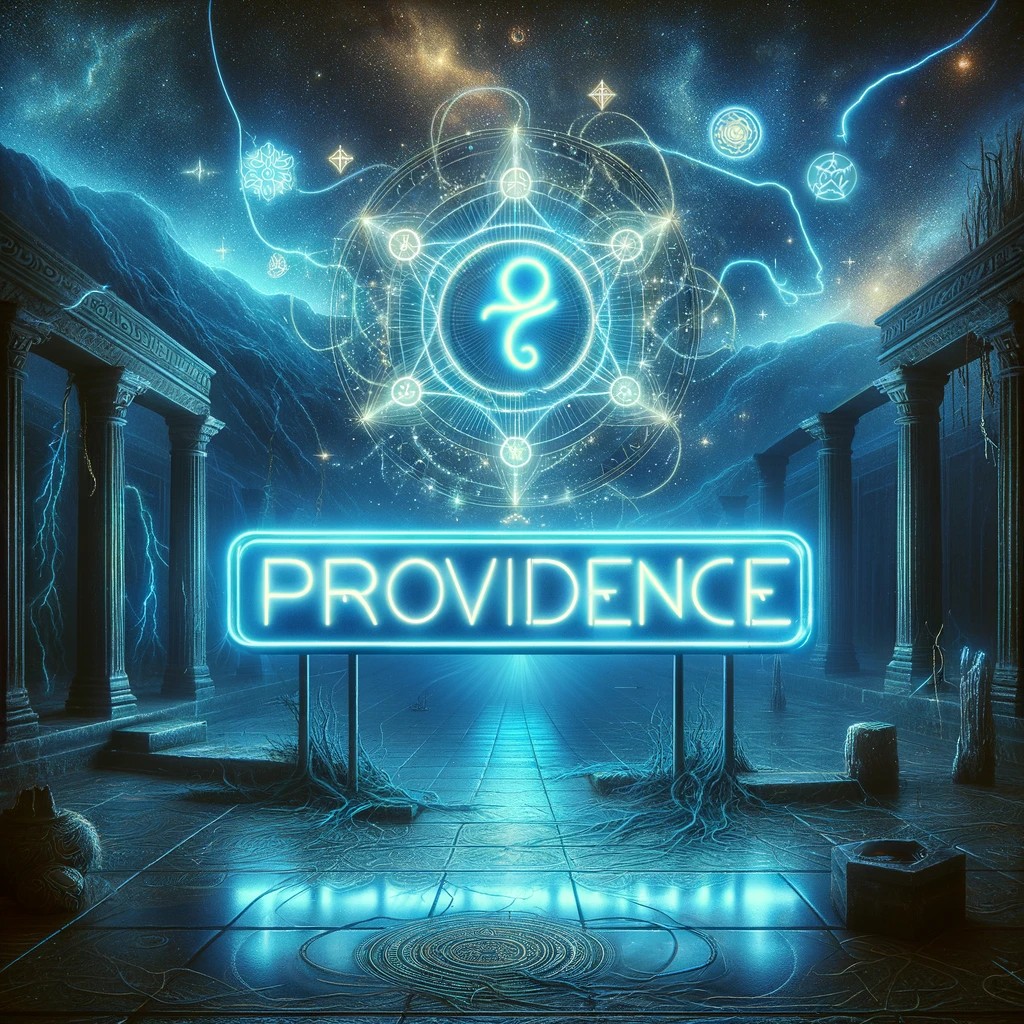Providence is a concept often associated with divine guidance, foresight, and the belief that events are determined by a higher power. This executive summary provides an overview of the key aspects of providence:
1. Divine Guidance:
- Providence is commonly linked to the idea that a higher power, such as a deity or the universe, guides and shapes the course of human lives and events.
- It suggests that there is a plan or purpose behind the unfolding of events, even in the face of uncertainty.
2. Foresight and Predestination:
- Some interpretations of providence include the notion of predestination, where certain events are predetermined by divine will.
- It implies that the future is already known or planned by a higher authority.
3. Faith and Belief:
- Belief in providence often requires faith in the existence of a guiding force or intelligence that orchestrates events.
- Many religious and spiritual traditions incorporate providence as a fundamental aspect of their belief systems.
4. Trust in the Unseen:
- Providence encourages individuals to trust that even in challenging or inexplicable circumstances, there is a greater purpose at work.
- It can provide comfort and a sense of meaning in the face of adversity.
5. Interpretations and Variations:
- Different cultures and religions have their own interpretations of providence, which can vary widely.
- Some view it as a benevolent force, while others may see it as a more abstract concept tied to fate.
6. Philosophical Considerations:
- Philosophers have debated the concept of providence for centuries, exploring questions of determinism, free will, and the nature of the divine.
- The philosophical implications of providence continue to be a subject of inquiry and discussion.
7. Personal and Moral Guidance:
- Providence is sometimes invoked as a source of personal guidance and moral compass.
- It can influence decision-making and ethical considerations, as individuals may seek to align with what they perceive as a divine plan.
8. Contemporary Relevance:
- In modern times, providence remains a relevant concept for those who seek meaning and purpose in their lives.
- It intersects with broader discussions about spirituality, fate, and the role of belief in a secular world.
9. Interpretation and Belief Diversity:
- The concept of providence is subject to diverse interpretations and beliefs, and individuals may have varying degrees of conviction in its existence and influence.
In summary, providence is a multifaceted concept that encompasses ideas of divine guidance, predestination, faith, and trust in a higher power. It plays a significant role in various religious, spiritual, and philosophical traditions, providing a framework for understanding the relationship between humans and the forces that shape their lives and destinies.

2 thoughts on “Providence”
Comments are closed.